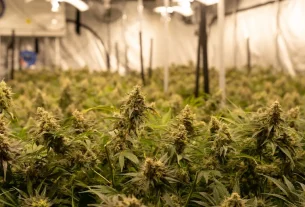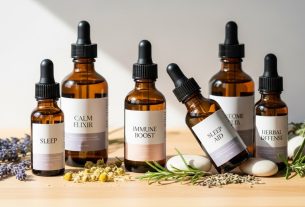Estimated Reading Time: 8 minutes
TTe world of wellness is buzzing, and two compounds are at the forefront of the conversation: delta-9 tetrahydrocannabinol (delta 9) and cannabidiol (CBD).
If you’re like many people, you’ve probably heard whispers about them, maybe even seen products claiming to offer their benefits.
But what’s the real deal? It can feel like navigating a minefield of information.
Today, we’re diving deep into a delta 9 vs cbd product comparison, aiming to give you a clear understanding of these fascinating substances.
We’ll unpack their similarities, differences, and what to consider when choosing the right product for your needs.
This guide is designed for anyone curious about enhancing their well-being with natural options, breaking down the confusion and helping you make informed choices.
Let’s start with the basics. Both delta 9 and CBD are cannabinoids, meaning they are naturally occurring compounds found in cannabis plants.
However, this is where their paths diverge.
Delta 9 THC is the primary psychoactive compound in cannabis, the one responsible for the “high” associated with marijuana.
On the other hand, CBD is non-psychoactive, meaning it doesn’t produce the intoxicating effects commonly linked to cannabis.
It’s more like the quiet achiever of the cannabis world, known for its potential wellness benefits without the mind-altering experiences.
This crucial difference is often the deciding factor for many people when considering a delta 9 vs cbd product comparison.
Think of it like this: you might be looking for relaxation and calm without wanting any cloudiness in your mind.
Or, perhaps you’re seeking relief from discomfort but need to stay clear-headed for work or other responsibilities.
These different objectives often lead people to one cannabinoid over the other.
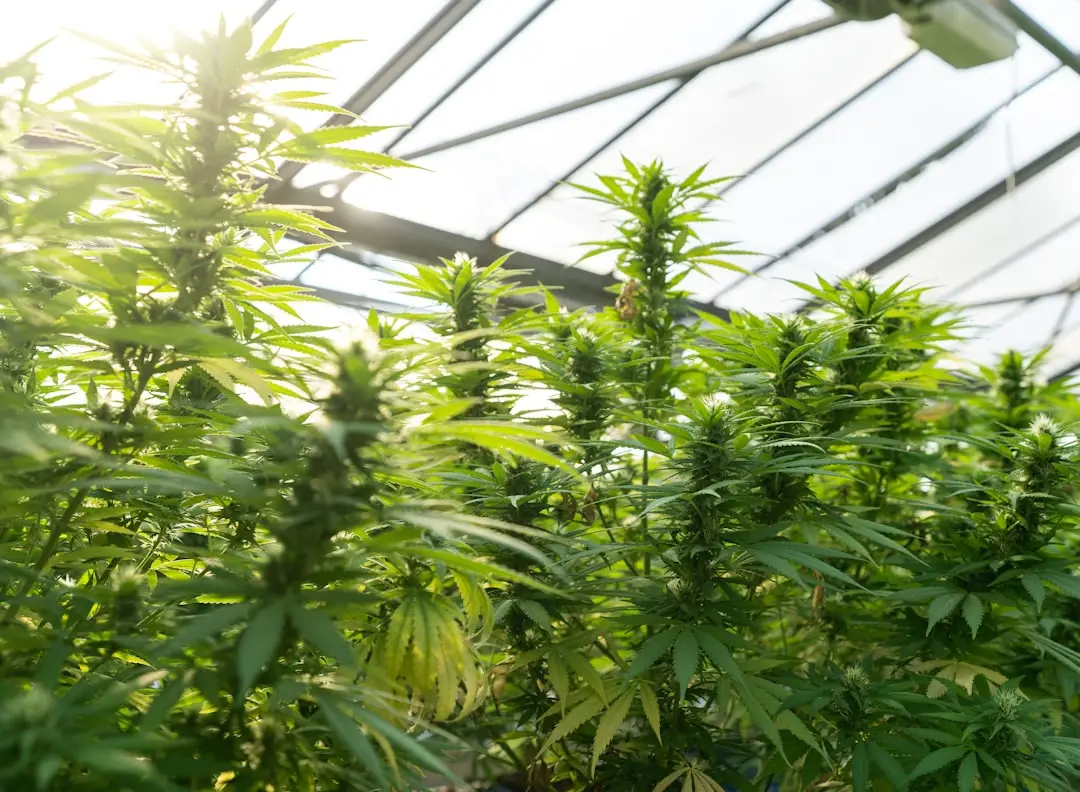
Remember, the overall goal here is to find a product that suits your specific needs and preferences.
Before diving deeper, it’s essential to quickly touch on the legalities.
The legality of delta 9 products varies significantly depending on your location.
In the United States, delta 9 is legal at the federal level under the 2018 Farm Bill, but only if derived from hemp and contains less than 0.3% of delta 9 THC by dry weight.
This is a key factor that has dramatically changed the delta 9 vs cbd product comparison landscape.
Conversely, CBD derived from hemp is generally legal, although state laws can vary.
Always research and understand the laws in your area before purchasing or using any cannabis-derived products.
Delta 9 THC, as we’ve mentioned, is the main psychoactive component.
Its effects can be quite diverse, ranging from feelings of euphoria and relaxation to changes in perception and appetite stimulation.
In certain medical contexts, delta 9 is sometimes used to help manage pain, nausea, and other symptoms.
For example, I know a friend who struggled with chronic pain.
He found that a very low dose of delta 9, carefully monitored, was far more effective at managing his discomfort compared to standard painkillers, and with fewer side effects.
He had to do his research and be very careful about dosages and sourcing, which is important.
The effects of delta 9 are often dose-dependent.
Smaller doses might provide a sense of relaxation and mild euphoria, while larger doses could lead to more pronounced psychoactive effects.
It’s essential to start with a low dose, especially if you’re new to delta 9, and pay close attention to how it affects you.
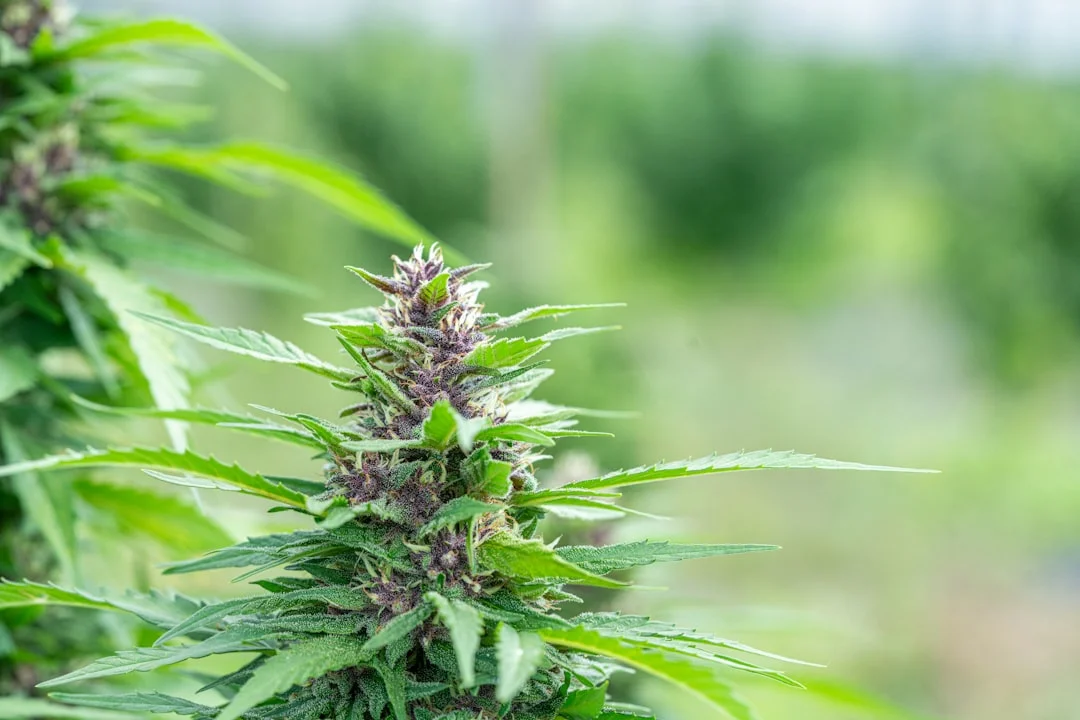
This way, you can find the appropriate amount that meets your needs.
Many people are experimenting and seeing benefits by starting small, but the key is to be patient.
CBD, or cannabidiol, operates on a different level altogether.
It doesn’t produce a high, but it has gained immense popularity for its potential wellness benefits.
Many users report a sense of calm and relaxation without any mind-altering effects.
Research suggests CBD might interact with the body’s endocannabinoid system (ECS), which plays a role in regulating various functions like sleep, mood, pain sensation, and immune response.
This is a fascinating area of research in the delta 9 vs cbd product comparison.
The beauty of CBD is that it offers a natural approach to wellness without the psychoactive effects.
This makes it an appealing option for those who want to explore cannabis-derived products without altering their state of mind.
CBD is generally considered safe, with minimal side effects reported.
But, as with any supplement, you should always consult with a healthcare professional before adding it to your routine, especially if you’re taking other medications.
This conversation is crucial for your health and well-being.
When it comes down to a direct delta 9 vs cbd product comparison, several key factors distinguish these two compounds.
The most significant difference, as we have mentioned previously, is the psychoactive effect. Delta 9 produces a high, while CBD does not.
This is often the starting point for people’s decisions. Beyond that, here’s a comparative look:
Delta 9 is psychoactive; CBD is not. This is what determines the kind of experience each one delivers.
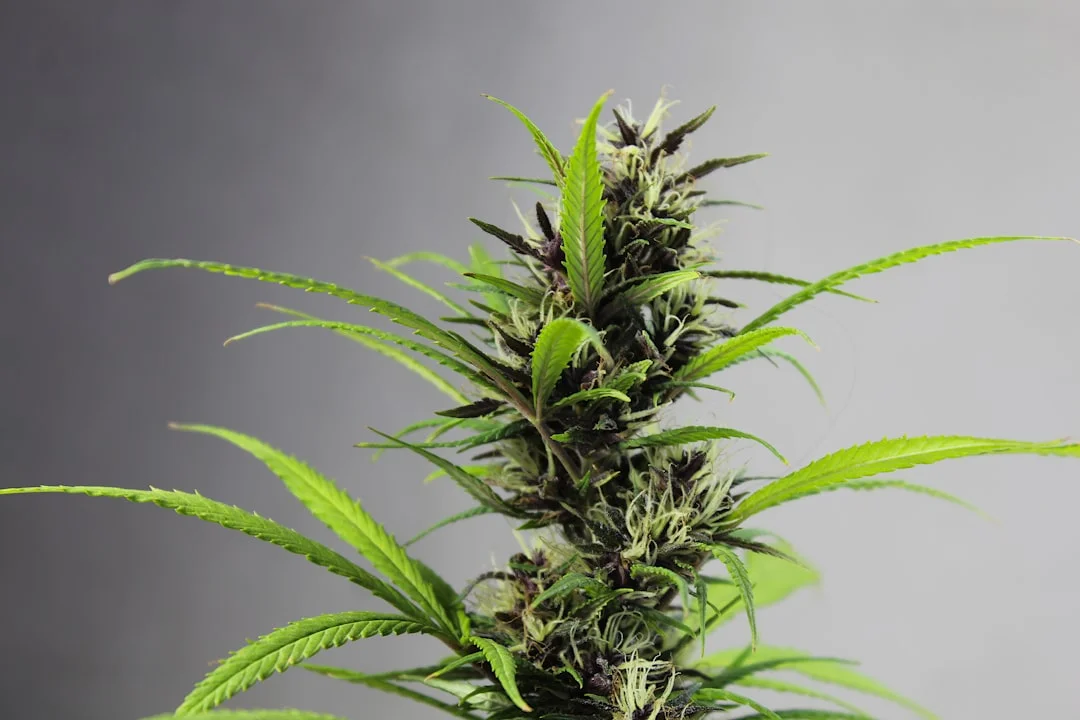
This critical distinction is fundamental to understanding your options, and is at the heart of the delta 9 vs cbd product comparison.
Legality varies based on concentration and location.
Delta 9’s legality is tied to its origin and THC content, while CBD’s is relatively more straightforward.
Both offer distinct potential benefits.
Delta 9 may provide relief from pain and stimulate appetite, while CBD could assist with anxiety, sleep, and general well-being.
Different needs call for different solutions.
Deciding between delta 9 and CBD ultimately comes down to your personal goals and preferences.
If you are seeking a psychoactive experience or if the potential pain relief of delta 9 interests you, and if you are comfortable with its effects, then a delta 9 product might be a good fit.
If you are looking for wellness benefits without any mind-altering effects, CBD may be the better choice.
Consider what you are trying to achieve and how comfortable you are with psychoactive compounds.
Other factors to consider include: Dosage, the product’s origin and quality, and the specific needs you are trying to meet.
The same goes for the specific form of delivery. Do you prefer edibles, tinctures, vaping, or topicals?
Each method has its own characteristics concerning onset, duration, and bioavailability.
It is essential to carefully research and choose products from reputable sources to ensure safety and quality.
Reading reviews from other users can also give you valuable insights into what works, and what doesn’t. And don’t forget to listen to your body.
Navigating the choices available in the market demands that you stay informed.
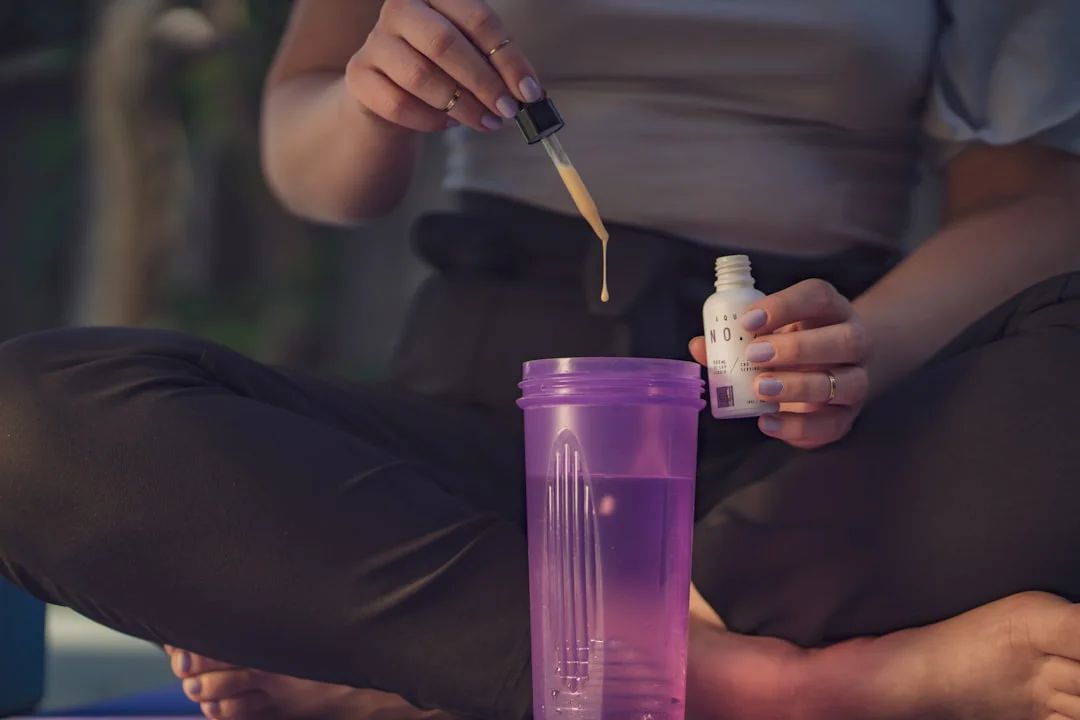
The objective of our delta 9 vs cbd product comparison has been to clarify the fundamental differences between these two prominent cannabinoids and provide you with the information you need to make an informed decision.
I hope this article has helped guide you in understanding the distinctions and advantages of delta 9 and CBD and what they both offer.
Both delta 9 and CBD offer unique potential benefits, and the right choice is the one that aligns with your individual needs and preferences.
With careful consideration, you can explore these options and find the best path towards enhanced well-being.
Remember, always consult with a healthcare professional if you have any questions or are unsure about which option is best for you.
Ready to dive deeper into the world of wellness? Join our newsletter for weekly health tips!
Frequently Asked Questions
Can I take both Delta 9 and CBD together?
Yes, you can. Combining delta 9 and CBD is a strategy some people use to fine-tune the effects. CBD can potentially modulate the effects of delta 9, possibly reducing some of the anxiety or paranoia that can sometimes be associated with high doses of THC.
Always start with a low dose of each compound and monitor how your body reacts. Pay attention to how you feel, and adjust accordingly to find the right balance. Consulting with a healthcare professional is crucial before experimenting with this combination.
What are the potential side effects of Delta 9 and CBD?
Delta 9 can produce a range of effects, with the most common ones being: altered perception, anxiety, dry mouth, increased heart rate, and red eyes. CBD is generally well-tolerated, with common side effects being: fatigue, changes in appetite, diarrhea, and changes in weight.
It’s important to note that these effects vary from person to person. Always start with small doses of either and monitor your reactions. If you experience any severe or persistent side effects, it’s crucial to seek medical advice.
Are there any risks or interactions with other medications?
Yes, both delta 9 and CBD can interact with certain medications. Delta 9, because of its psychoactive nature, can affect medications like sedatives or those used to manage mental health conditions. CBD can interact with medications that affect the liver, such as blood thinners and antidepressants.
Always consult your doctor or a qualified healthcare professional if you are taking other medications to ensure there are no potential interactions. It’s especially important to disclose all supplements you use, so your doctor can assess any possible health risks.
How do I choose a high-quality CBD product?
Selecting a high-quality CBD product is crucial for both safety and effectiveness. Look for products that have been third-party tested by an independent lab.
The lab reports, often called Certificates of Analysis (COA), should be readily available and show the exact cannabinoid content and confirm the absence of contaminants like heavy metals and pesticides. Check for products derived from organically grown hemp.
Additionally, consider the brand’s reputation and read customer reviews. Choose products made in a certified facility and that clearly state the CBD concentration per serving.
What are the different ways to consume Delta 9 and CBD products?
There are many ways to consume Delta 9 and CBD. Delta 9 products include edibles (gummies, baked goods), tinctures, vape cartridges, and inhaled flowers. CBD products offer even more variety, like tinctures, capsules, edibles, topicals (creams and balms), and vapes.
The best method depends on personal preference, the desired onset time, and the duration of effects. For fast relief, vaping or sublingual tinctures (held under the tongue) can be effective. Edibles provide a slower, longer-lasting effect. Topicals are often applied for localized relief.

